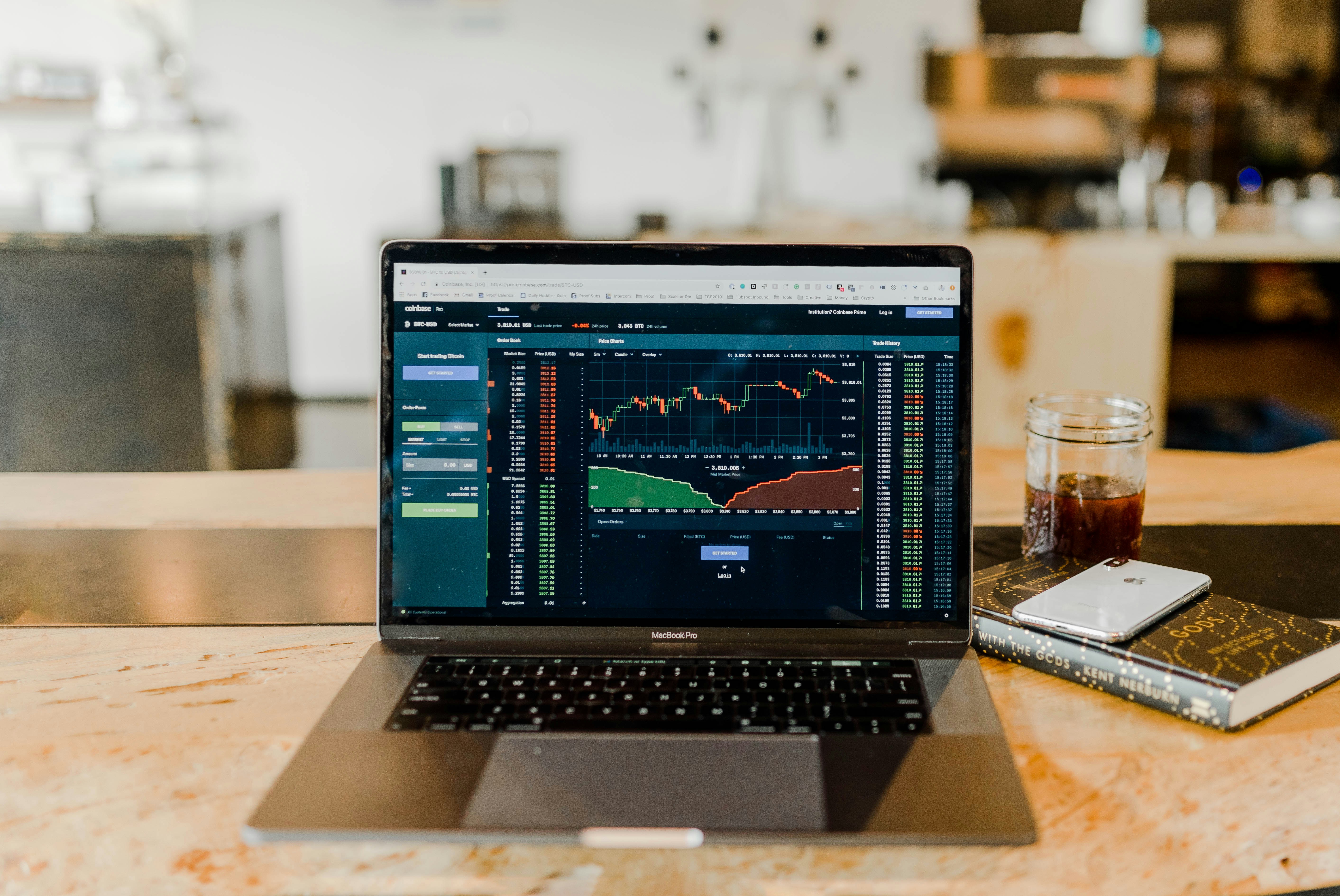Investing Internationally: What are the Benefits and How Can You Do This?

Are you considering getting into the world of investing but not sure where to start? Choosing to invest internationally will allow you to diversify your portfolio in the hopes of maximising your returns. The benefits of international investing are far-reaching, from lower-risk investments to exposure to new markets. In this article, we’ll offer an overview of international investments and some of its advantages.
What are International Investments?
International investments involve buying stocks, bonds or other worldwide assets from companies and governments. This can be done directly by purchasing shares on a foreign exchange, or indirectly through investment funds that pool money from multiple investors. Using an international trading platform such as Tradu allows access to global markets where you can start investing globally from the comfort of your home.
Diversification
The primary benefit of international investing is diversification. By spreading your investments across different markets, you reduce your overall risk. Economies and stock markets have varying cycles. When one market dips, another might be thriving. International diversification helps mitigate losses experienced in a particular region by potentially gaining from positive market performances elsewhere.
Access to Emerging and Growing Economies
By including international investments in your portfolio, you gain access to exciting, fast-growing economies and markets across the globe. China, India and several Southeast Asian nations are experiencing significant economic growth, presenting potentially lucrative opportunities for investors.
How to Invest in Foreign Markets
There are two main ways to invest internationally:
Direct Investing: This involves buying shares of individual companies listed on foreign stock exchanges. This approach offers more control over your investments but requires in-depth research on the companies and the foreign markets you're entering. It can also be more expensive due to foreign exchange fees and trading commissions.
Indirect Investing: This is the more common approach for most investors. Here, you invest in mutual funds or Exchange Traded Funds (ETFs) that focus on specific regions or industries globally. These funds are managed by professionals who research and select investments on your behalf, offering a more hands-off approach with lower fees.
How to Invest in the Global Economy
There are several avenues to explore when it comes to investing in global economies, depending on your personal preferences and intentions as an investor. Below are some of the options:
International Mutual Funds: These funds invest in a basket of stocks and bonds from various countries. Choosing a fund that aligns with your risk tolerance and investment goals is crucial.
Global ETFs: ETFs are similar to mutual funds but trade throughout the day like stocks. They offer a diversified basket of international assets and tend to have lower fees than mutual funds.
American Depositary Receipts (ADRs): These are US-traded securities that represent shares of foreign companies. They offer a convenient way to invest in foreign companies without having to trade on foreign exchanges.
(Devdiscourse's journalists were not involved in the production of this article. The facts and opinions appearing in the article do not reflect the views of Devdiscourse and Devdiscourse does not claim any responsibility for the same.)










